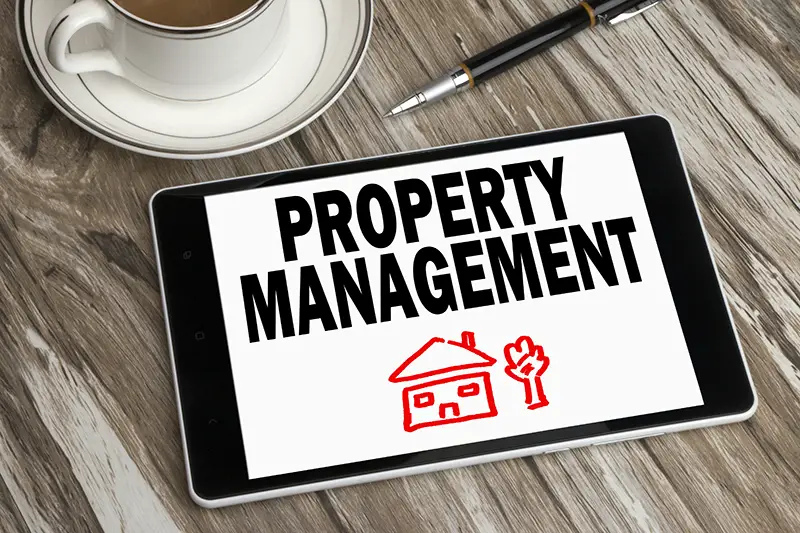Click here to get this post in PDF
By: Raymond James
About the Author:
Ray is a sought after thought leader and an expert in financial and money management. He has been published and featured in over 50 leading sites and aims to contribute articles to help novice financial planners. One of his goals is to impart his knowledge in finance to educate and help ordinary people create and achieve their financial goals.
Some people are born investors, while others stumble into real estate investing by chance. And while you can make money in any real estate, there’s a certain breed of property that will offer the best return on your investment: residential properties. ShieldManagement can show you how to make the most of your residential investment property. In this post, we’ll share some lessons from managing properties over the years.
1. Never Rent to A Prospective Tenant Who Hasn’t Seen the Suite
If you have less than $1 million worth of residential real estate, you can be selective when choosing tenants. It doesn’t mean that you should ignore prospective tenants – but make sure they’ve seen the entire suite.
2. Respond To Tenants Promptly and Give Them Solutions
If you have a tenant that’s going to be out of town, then regardless of whether they’re the type of tenant you like or not, you should always send them an email to ensure that they’re aware of any upcoming issues. If this isn’t a big deal to you, then ignore it. But if the issue is something that could affect their well-being (such as a damaged washing machine or leaking roof), then you should contact them immediately.
3. Trust Your Instincts
If a tenant calls you to report an issue, you should trust your instincts. Even if a tenant is dishonest, you should be able to tell from their body language what’s going on. It may not be easy at first, but you’ll learn how to pick up on these things with time.
4. Sometimes It’s a Dirty Job, But That’s Part of The Job Description
Sometimes you might have a tenant who’s not just dishonest but downright evil. It can be very difficult to deal with because no matter what you do in the situation, it doesn’t help. The best thing to do is to confront these tenants as soon as possible, even if you’re uncomfortable with what they’re doing.
5. Don’t Renovate in Your Tenanted Building
Here’s the deal: if you renovate a unit without the tenant’s permission, they can legally sue you. It is because renovations done without the tenants’ consent create a new tenancy. It doesn’t mean that you’re automatically prohibited from doing repairs and renovations; make sure that you inform your tenants if you’re going to do it. Don’t sweat it if they offer their consent to have improvements done in their building.
6. Strike While the Iron Is Hot
If you’re struggling with a tenant, then there’s no reason not to go after another one. If you take a tenant right before they’re about to exit the building, then you can hire someone else to move in and get the vacancy rate up in your building. Usually, the first person will have difficulty moving out because they have nowhere to move their stuff. If this happens, contact your current tenants and ask if you can use some of their stuff during this transition period.
7. Expect The Unexpected
A lot of people overlook that if you manage residential properties, then there will be a few things that will surprise you over the years. In the best situations, you’ll be able to predict what’s going to happen – this means that if you’re active in your property, then all of your tenants will leave without any problems. But in other situations, all bets are off.
8. Check Your Lease for The Particulars
It can be tempting to agree to a tenant based on their income or credit, but this isn’t always the best practice. While it’s important to be aware of these things, you should check the lease agreement before signing it. If the tenant is behind on payments and in a lot of debt, don’t feel bad about charging rent in advance.
9. You Can’t Screen for Life Events
The most important thing is to have a good relationship with your tenants; this will go a long way in ensuring that everything goes smoothly. But if there’s something that you can’t control, then you should learn to be flexible. For example, if it’s cold and snow is on the way, then there’s no reason why you shouldn’t look for another tenant and still allow them to stay while they’re out.
10. It’s A Business, Expect Business Costs
When it comes to managing a property, you can hire anyone you want. But if you can hire an executive assistant, why not do so? Executives will cost you about $20-30 an hour for the first few weeks of working with them, but they will save you time and money in the long run.
Real estate investment is a lot of work, but you can make a lot of money with the right tenants and proper management. And once you’ve learned how to invest in residential properties, you’ll be able to get into any real estate
You may also like: How to Find the Best Property Management Company?
Image source: Shutterstock.com

